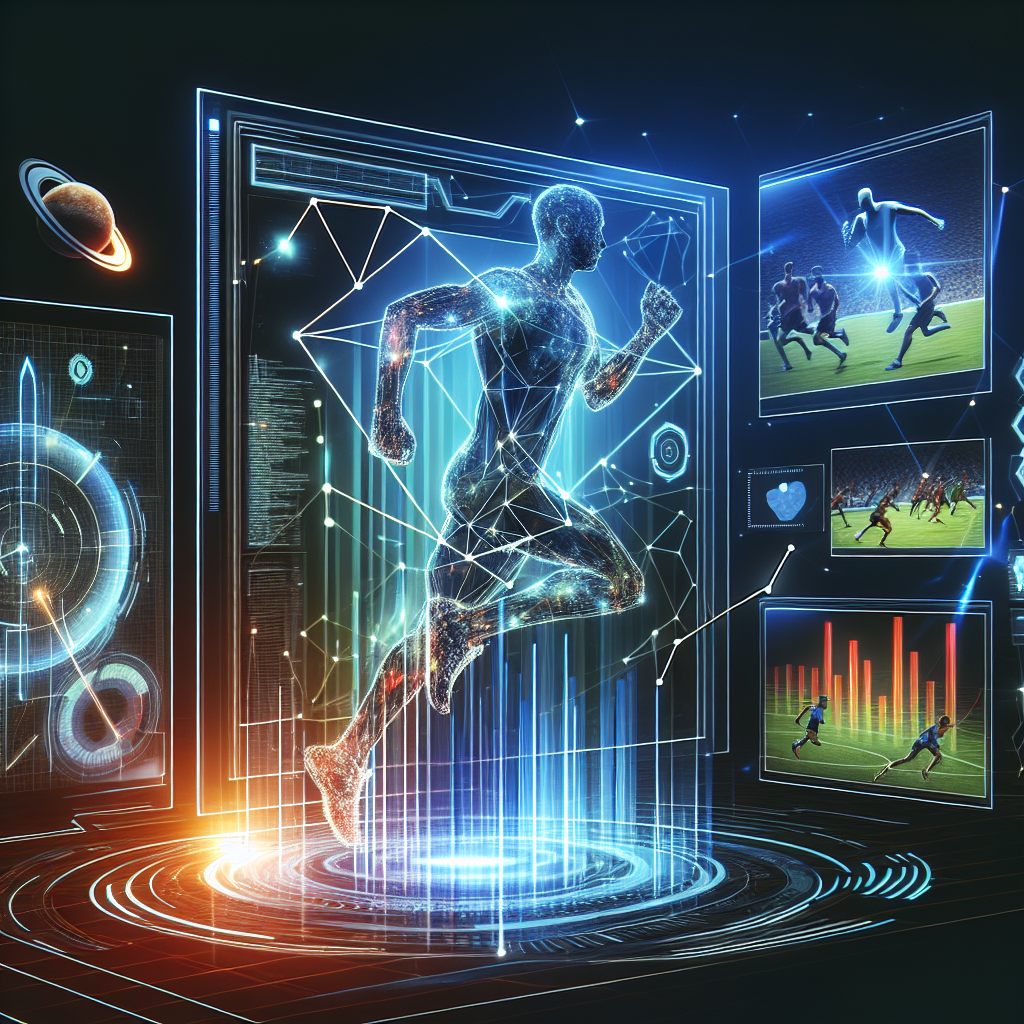In today’s fast-paced world of sports, athletes and teams are constantly looking for ways to gain a competitive edge. One of the most promising technologies that has emerged in recent years is artificial intelligence (AI). By leveraging AI for real-time sports performance analysis, athletes and teams can gain valuable insights into their performance and make data-driven decisions to improve their game.
AI technology has the ability to process large amounts of data in real-time, allowing coaches and athletes to analyze their performance quickly and accurately. This can help teams identify strengths and weaknesses, track progress over time, and make adjustments to their training and game strategies.
One of the key benefits of using AI for sports performance analysis is the ability to track and analyze a wide range of metrics, such as speed, agility, power, and endurance. By collecting data from sensors and wearable devices, AI can provide valuable information about an athlete’s performance during training sessions and competitions. This data can be used to monitor progress, identify areas for improvement, and optimize training programs.
Another advantage of using AI for sports performance analysis is the ability to personalize training programs for individual athletes. By analyzing data on an athlete’s performance, AI can provide insights into their strengths and weaknesses, as well as their unique training needs. This can help coaches design customized training programs that are tailored to each athlete’s specific goals and abilities, leading to improved performance on the field or court.
In addition to individual performance analysis, AI can also be used to analyze team performance and strategy. By tracking data on team dynamics, player positioning, and game tactics, AI can provide valuable insights into how a team is performing as a whole. This information can be used to make strategic decisions during games, adjust game plans on the fly, and fine-tune team strategies for maximum effectiveness.
Overall, leveraging AI for real-time sports performance analysis has the potential to revolutionize the way athletes and teams train, compete, and improve their performance. By harnessing the power of AI technology, athletes can gain valuable insights into their performance, track progress over time, and make data-driven decisions to optimize their training and game strategies.
FAQs:
Q: How does AI technology collect data for sports performance analysis?
A: AI technology collects data from a variety of sources, including sensors, wearable devices, and video footage. This data is then processed and analyzed in real-time to provide valuable insights into an athlete’s performance.
Q: Can AI be used to analyze team performance as well as individual performance?
A: Yes, AI can be used to analyze both individual and team performance. By tracking data on team dynamics, player positioning, and game tactics, AI can provide insights into how a team is performing as a whole.
Q: How can athletes and teams benefit from using AI for sports performance analysis?
A: Athletes and teams can benefit from using AI for sports performance analysis in several ways, including tracking progress, identifying areas for improvement, and optimizing training programs. AI technology can provide valuable insights into an athlete’s performance, help coaches design customized training programs, and make data-driven decisions to improve performance on the field or court.
Q: Is AI technology expensive to implement for sports performance analysis?
A: The cost of implementing AI technology for sports performance analysis can vary depending on the specific needs of the athlete or team. However, as AI technology becomes more widespread and accessible, the cost of implementation is likely to decrease over time.
Q: Are there any potential limitations to using AI for sports performance analysis?
A: While AI technology has the potential to revolutionize sports performance analysis, there are some limitations to consider. For example, AI technology may not always be 100% accurate in analyzing complex movements or game situations. Additionally, there may be concerns about data privacy and security when collecting and analyzing sensitive performance data.

